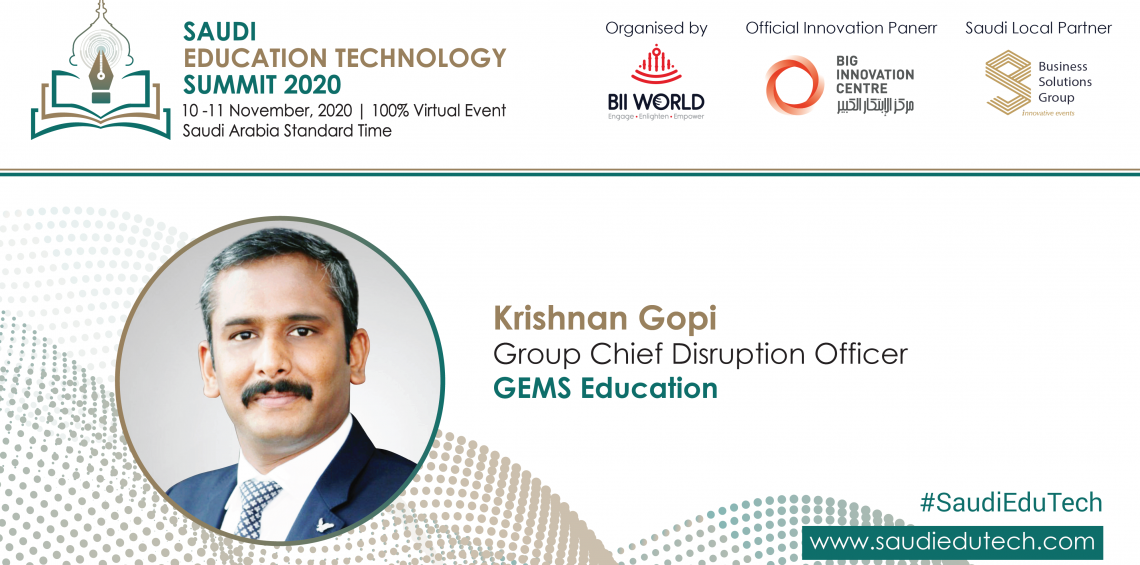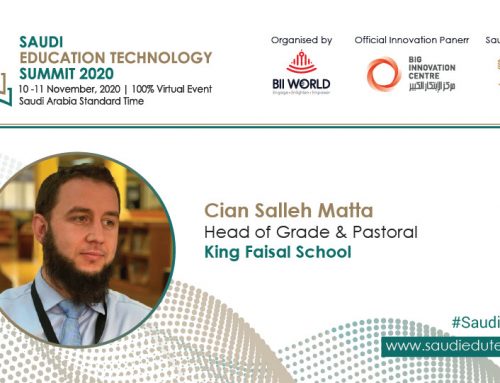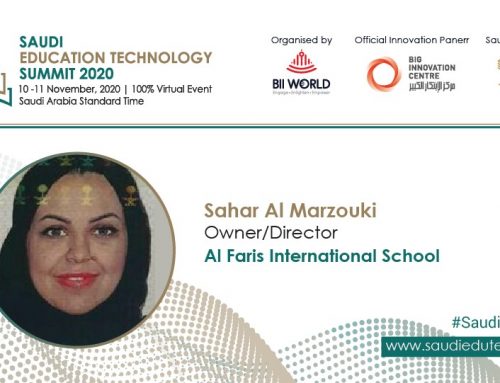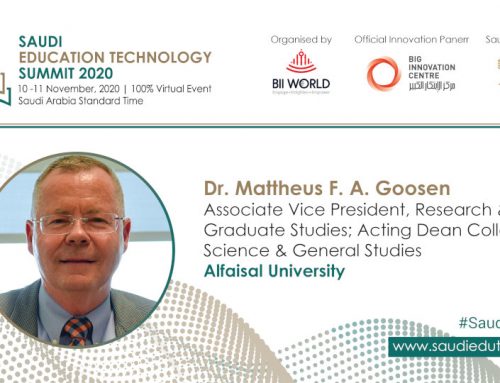How has COVID 19 changed the future for education sector? What has been the biggest challenge for this sector in these times of crisis?
COVID-19 has accelerated the need for technology-enabled education – something that will define the future of education. The paradigm shift that we are witnessing in how we learn is expected to continue long after the end of the pandemic, which has served as a catalyst for positive disruptive change to improve how teaching and learning take place. There is a growing awareness among educators and families that today’s curriculum needs to evolve to meet tomorrow’s reality. Moving away from the conventional patterns of teaching and learning, the
digital age is witnessing a sea change in the way teachers are teaching and students are assimilating information.
The biggest challenge faced by the education sector has been the ability to quickly transition to remote learning. Building an effective remote learning capability is not an overnight job – it involves thoughtful planning with continuous investment in the right set of tools, processes, technology and teaching capabilities and, above all, embracing a culture of change.
How has technology changed operations for all aspects of the education industry?
COVID-19 has brought about a paradigm shift in the way industries operate. The pandemic has accelerated digital adoption by 3-5 years. With teaching now online, parents’ receptibility to alternative learning methods has increased. This means technology-enabled teaching is increasingly in focus as compared to face-to-face learning. Furthermore, with many organisations moving to a “work from home” model, school operations are being managed online with an increased usage of collaboration and communication tools. With a reduction in footfall at school premises given the current situation, digital adoption is on the rise.
According to you which area of education sector will witness maximum use of emerging technology in the next 5 years?
Looking ahead, it is conceivable that the number of subjects and classes offered in schools may be adjusted because of blended learning or online school provisions gaining increasing prominence. Classroom time may be more productively utilised for in-person activities, face-to-face discussions, etc. We also anticipate that blended learning and online schools will become a permanent part of the education landscape and their presence will continue to grow.
In future, we will see the rise of personalisation and competency-based education. Students will not be confined to the physical classroom and time-based, grade-level progression. Simulations, virtual reality and AI-based personalised learning will gain traction as students develop critical thinking skills in a collaborative environment.
As the crisis imposes immense setback for teachers to impart knowledge, how do you think their concerns and wellbeing can be addressed?
As teaching shifts to increasingly online models, the concerns and wellbeing of teachers must be a priority as they look to balance the different demands both at work and at home. First, it is important to understand the cultural mindset required for remote learning, as it is strikingly different for traditional learning. The teacher’s role requires adaptability on a regular basis to navigate the demands of their everyday work in schools and classrooms. Teachers should be provided training to ensure they make the best use of the available resources across various collaboration and communication tools. Centralised technology helpdesks should be established to provide appropriate technical support. Plans that promote teacher wellbeing should be devised, and these should include advice on topics such as stress-management. Online teacher support groups can also be useful in promoting an understanding of the causes of stress and suggesting ways to overcome them.
How do you think attendees will benefit from Saudi Education Technology Summit?
Attendees at Saudi Education Technology Summit will benefit from the expertise and learnings of education and technology thought leaders and institutions – those who are at the forefront of using advanced technologies to enhance teaching and learning outcomes. With leading professionals sharing their ideas, experiences and solutions, the event is an ideal platform to learn directly from industry leaders.





